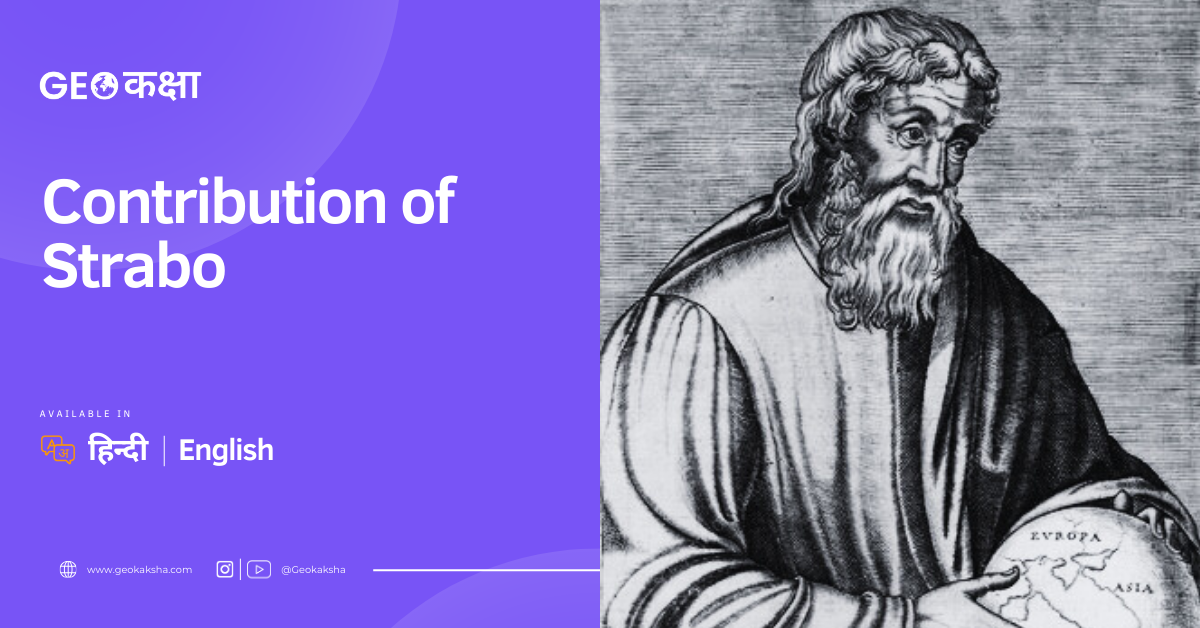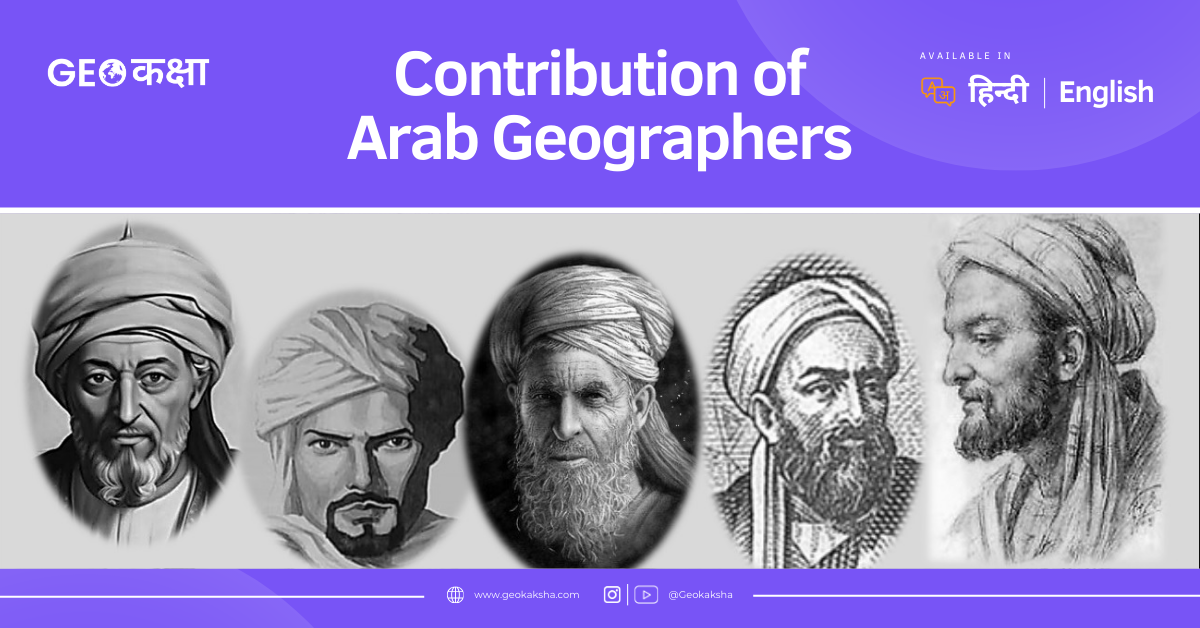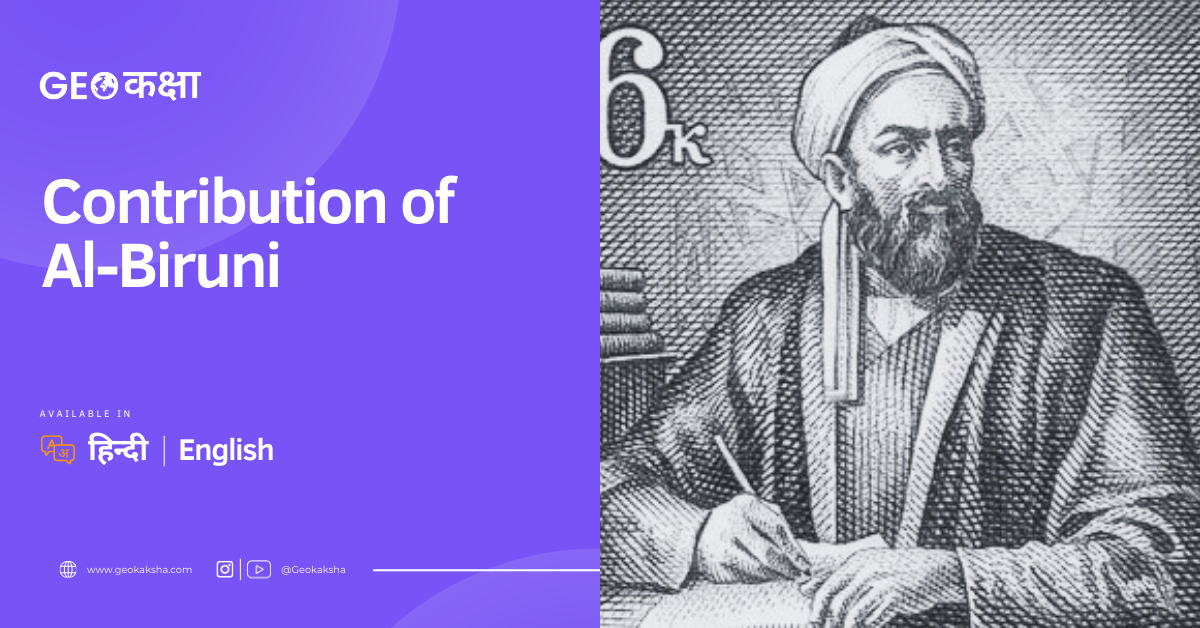Introduction
Greek geographers made significant contributions in the development of geography during ancient times, laying the foundation for many concepts of geography and methodologies still used today. Their explorations, observations, and writings greatly advanced the understanding of the surface of the Earth and its features.
Table of Contents
Area of Work
Greek geographers delved into astronomy, mathematics, and cartography to support their geographical studies.
They also focused primarily on mapping the known world, describing its physical characteristics, and understanding the relationship between humans and their environment.
Methodologically, Greek geographers introduced empirical observation and critical analysis into geographical inquiry.
The works of Greek geographers provided a framework for categorizing and understanding geographic features, climates, and cultures.
Specialization
Greek geographers specialized in different aspects of geography. Eratosthenes accurately calculated the circumference of the Earth, using simple geometry and trigonometry, thus demonstrating a quantitative approach to understanding the physical world.
Significant Contribution
Greek geographers significantly advanced the understanding of the geography of the Earth by applying empirical methods, conducting explorations, and compiling vast amounts of geographical knowledge.
Their contributions formed the basis for later developments in geography, influencing scientific practices.
Major Works
Works of Greek geographers served as fundamental references for scholars for centuries. Prominent works include Eratosthenes' "Geographika," which detailed his calculations of the size and shape of the Earth.
The legacy of Greek geographers endures in modern geographical methodologies and knowledge, reflecting their enduring significance in the evolution of the field.











